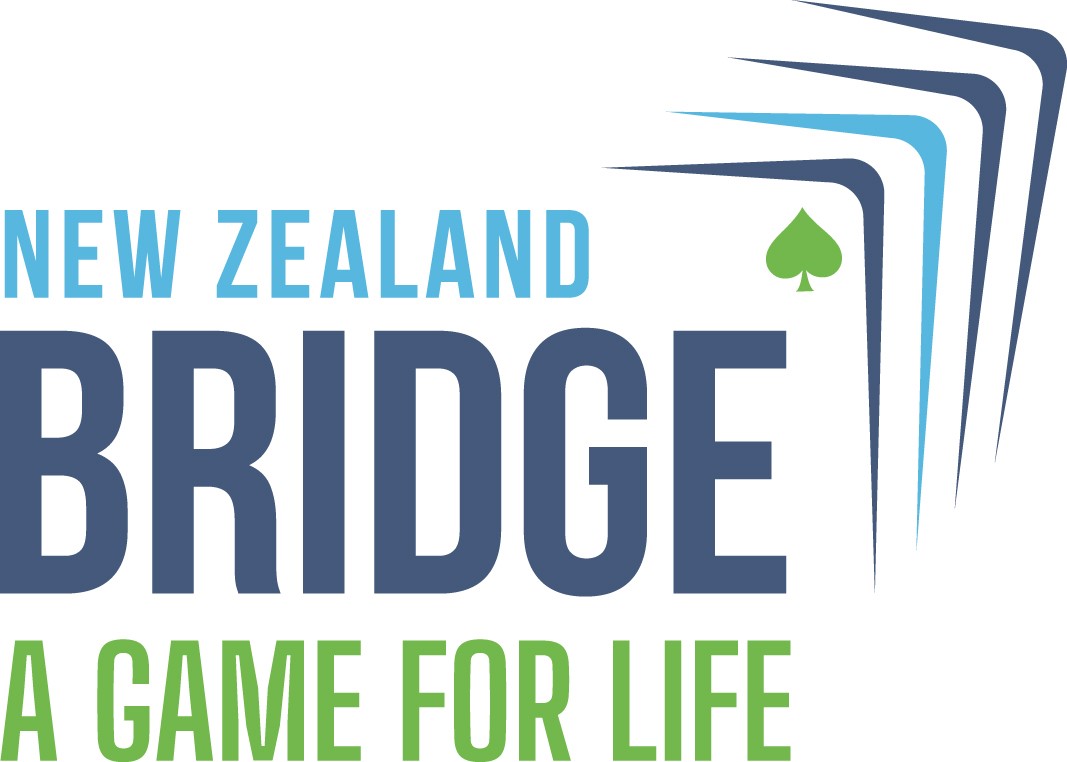- Home
- Online Bridge Links to Sessions
- Kapiti Horowhenua Area Pairs
- Lessons
- Results
- Location
- News
- Committee
- Links
- Competition Winners Wednesday
- Competition Winners Thursday
- Competition Winners other
- Tournaments
- Constitution and Policies
- Rules and Guides
- Zero Tolerance Policy
- Appeals Procedure
- History
- Sponsors
- Rosters
- Club Gradings
- Club Recorders
- Privacy Policy
Levin Bridge Club Tournaments 2026
- Easter Restricted 8B 4 April 2026
- Intermediate 5B 14 June 2026
- Junior 3B 14 June 2026
- Open 5A 19 July 2026
- Multigrade Swiss Pairs 8B 5 September 2026
Appeals Process
A player may appeal for a review of any ruling made by the Director at the table, unless it pertains to a disciplinary penalty imposed under Law 91.
Appealing a director's ruling should not be a stressful matter and should not involve any debate or dispute with the director at the table. A director's decision must be accepted without dissent by all players - a simple statement that an appeal may be laid is enough. Many rules are complex, and a session director has a limited time to decide - the appeal process allows time for experienced people to consider the issue without time pressures and ensure that a correct decision is made.
1. Call the director if there has been an infringement.
2. Call them in a courteous manner "Director please".
3. You must accept the director's decision at the table.
4. If you do not agree with the decision - speak to the director privately at an appropriate opportunity and request the director to review their decision with another director.
5. If after review you still do not agree with the decision - advise the director within the time frame of 15 minutes of the conclusion of play. You should advise the director as early as possible to allow an appeals committee to be formed.
6. If at all possible, the director needs to ensure the appeal is done on the playing night. This is dependent on the players of both sides and the suitable others to hear the appeal being available.
7. Process if being heard on the night (Must occur if at all possible)
I. The director needs to find 3 players with sufficient knowledge with at least similar playing ability or better.
II. The director then should get the appellants on their own to speak to the appeals committee as to the basis of the appeal. Director can listen but not comment.
III. The opposition on their own then speak to the appeals committee with their arguments as to why the decision should stand. Director can listen but not comment.
IV. The director should tell the appeals committee the decision they made including any rules applied.
V. The appeals committee makes a decision and communicates the decision to both sides and the director. The appeals committee decision is final.
8. If the appeal cannot be completed on the night (this should only happen in rare circumstances)
I. Advise the opposing players by 12 noon the next day that you wish to appeal.
II. Appeals must be lodged by 5pm on the next day on the appeal form. You should state your reasons for disagreeing with the decision in your appeal notification.
III. You must tell the opposing pair affected by the appeal that you have lodged the appeal and forward to them and the director a copy of your appeal.
IV. The opposing pair may submit their view on the incident leading to the appeal by noon of the next day and forward to the director.
V. The director who made the decision will be asked for the basis of their decision. This needs to include any laws that were applied by noon of the next day.
VI. Either an appeals committee will be formed of at least three senior club members or a Senior Director will review the facts.
VII. The result of the appeal will be made known to all parties involved and the director within 48 hours of receiving all the information and will be made by the next playing night for that room. The appeals committee decision is final.
